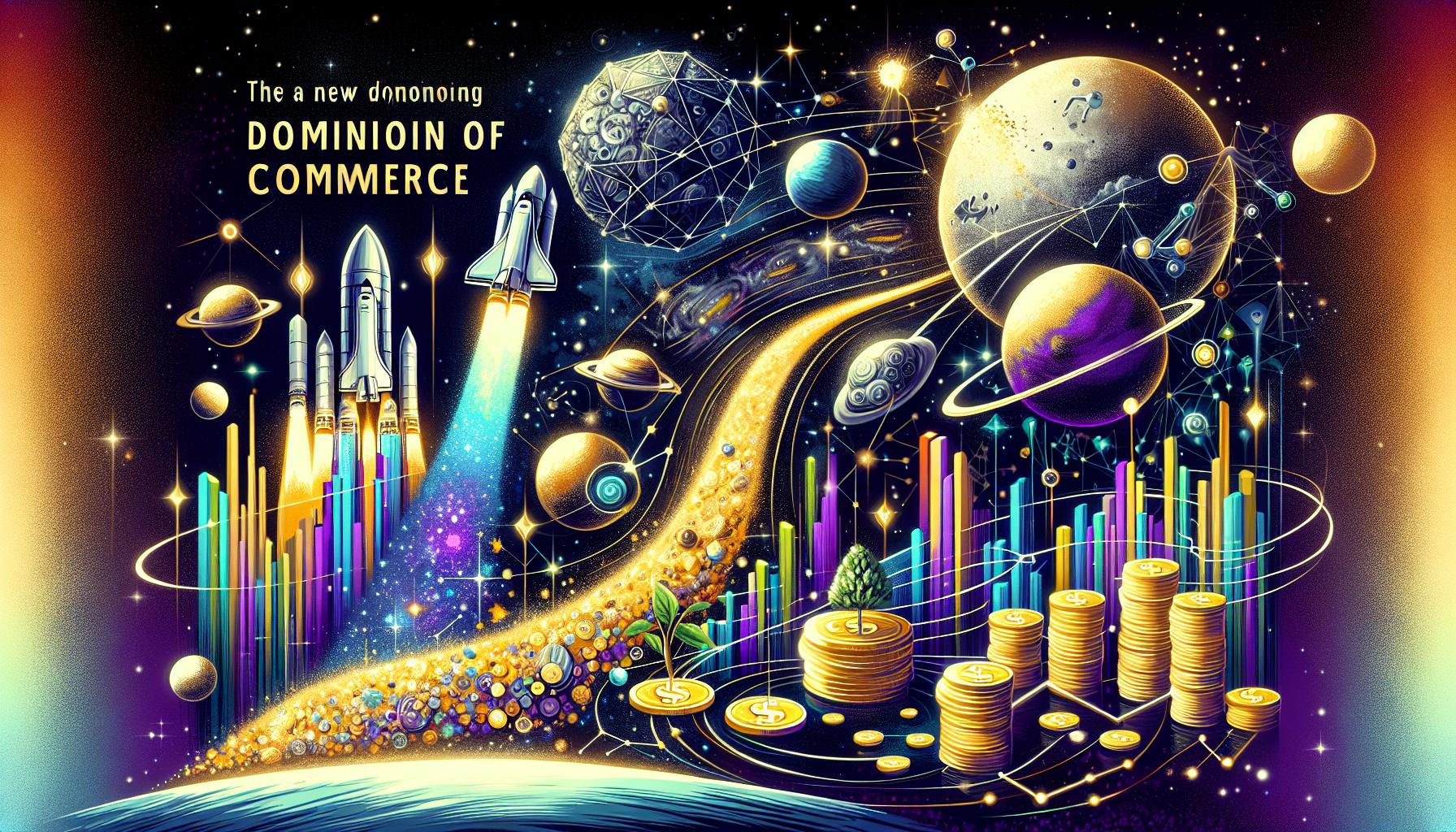The Impact of Climate Change on Biodiversity
Climate change is one of the greatest threats facing the planet today, and its impact on biodiversity cannot be overstated. As temperatures continue to rise, species around the world are facing significant challenges in adapting to these changes. The delicate balance of ecosystems is being disrupted, leading to the loss of biodiversity and the potential collapse of entire ecosystems. This is not just a problem for the animals and plants directly affected; it also has far-reaching consequences for human societies and the global economy.
Examining the Link Between Rising Temperatures and Species Loss
Scientists have long observed a clear link between rising temperatures and species loss. As the Earth’s climate warms, many species are unable to cope with the rapid changes in their environment. This can lead to a decrease in their population size or, in some cases, even extinction. For example, polar bears are particularly vulnerable to melting sea ice, which is an essential part of their habitat. As the ice disappears, so does their primary source of food, leading to declines in their population numbers. Similarly, coral reefs are being devastated by rising ocean temperatures, resulting in coral bleaching and the loss of vital marine biodiversity.
The Role of Human Activity in Shaping Biodiversity Patterns
Human activity is a significant driver of biodiversity loss. Deforestation, habitat destruction, pollution, and overfishing are just a few of the ways in which we are impacting the natural world. These activities not only directly harm the species living in these ecosystems, but they also disrupt the intricate web of life that sustains them. For example, the clearing of forests for agriculture destroys the habitats of countless species and disrupts their access to food and resources. In addition, pollution from industrial activities contaminates water bodies, leading to the death of aquatic life and disrupting entire ecosystems.
Conservation Strategies to Protect Endangered Species
To address the urgent issue of species loss, conservation strategies are being implemented around the world. These strategies focus on protecting and restoring habitats, combating illegal wildlife trade, and promoting sustainable practices. Protected areas, such as national parks and wildlife reserves, play a crucial role in preserving species and their habitats. Additionally, international agreements and initiatives are being established to coordinate efforts and ensure the conservation of endangered species. Public awareness and education campaigns are also essential in encouraging individuals to take action and support conservation efforts.
The Importance of Biodiversity for Ecosystem Stability
Biodiversity is not just important for the survival of individual species; it is vital for the stability and functioning of ecosystems as a whole. Ecosystems are intricate networks of plants, animals, and microorganisms that depend on each other for survival. When one species is lost or declines in population, it can have cascading effects on the entire ecosystem. For example, the loss of pollinators such as bees and butterflies can lead to a decrease in crop yields and disrupt food production. Similarly, the decline of keystone species, which have a disproportionately large impact on their environment, can result in the collapse of entire ecosystems.
Conclusion
Climate change poses a significant threat to biodiversity worldwide, with rising temperatures directly impacting the survival of countless species. However, human activity also plays a crucial role in shaping biodiversity patterns and exacerbating species loss. To address this issue, conservation strategies are being implemented to protect endangered species and restore habitats. The importance of biodiversity cannot be underestimated, as it provides stability to ecosystems and sustains essential ecological processes. It is crucial that we take immediate action to mitigate climate change and protect the diversity of life on our planet.
Analyst comment
As an analyst, I believe that the impact of climate change on biodiversity is a negative news. Rising temperatures and human activity are contributing to the loss of species and disruption of ecosystems. Without immediate action to mitigate climate change and protect biodiversity, the market can expect further declines in species populations and potential collapse of ecosystems, which will have far-reaching consequences for human societies and the global economy. Conservation strategies and international agreements are being implemented, but urgent action is needed to address this pressing issue.













